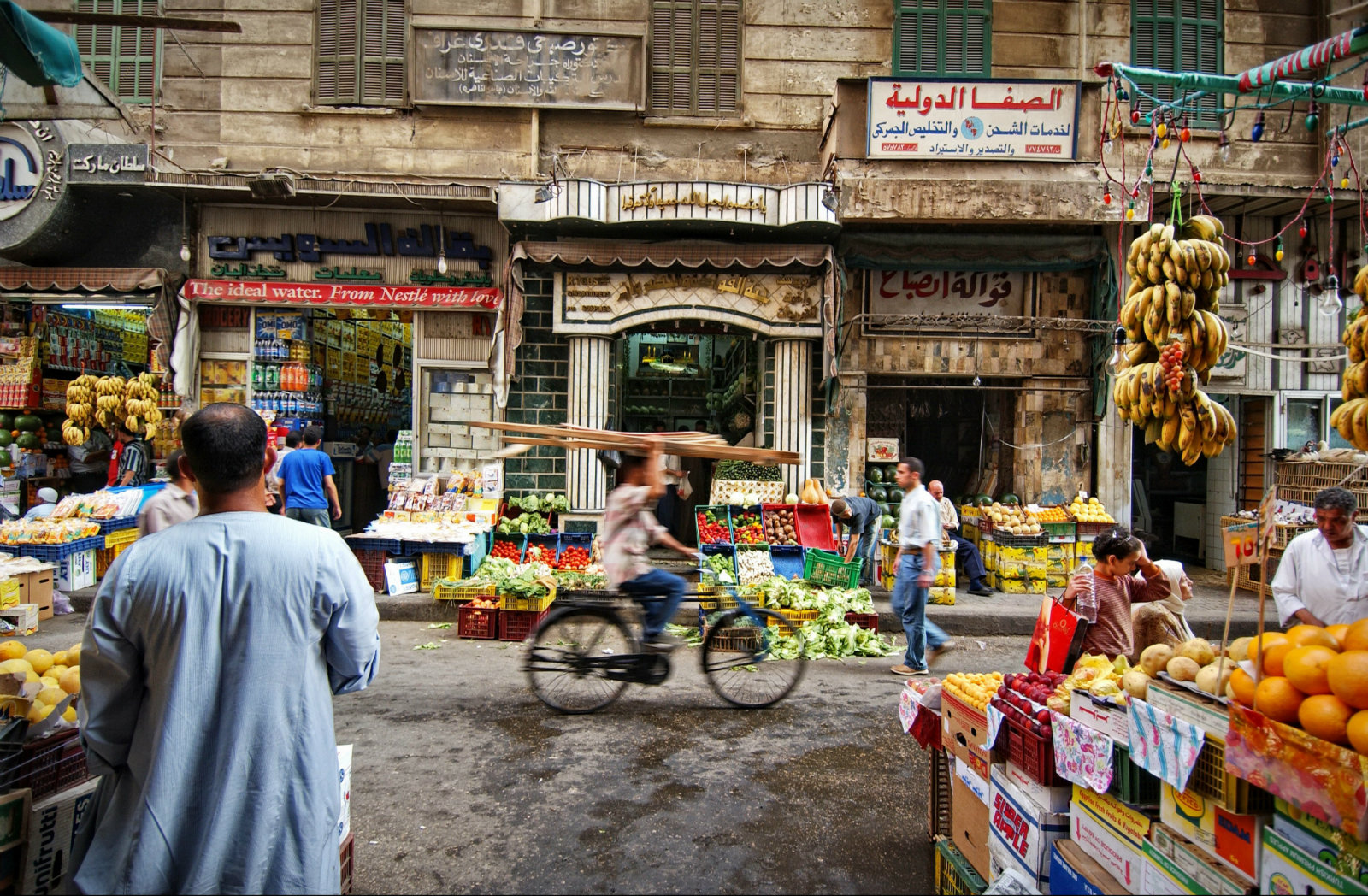…and you lose some

Egypt is one of 23 countries in which the UN believes food insecurity was driven by conflict or climate extremes in 2020. Other countries on the list include Afghanistan, Iraq, Jordan, Libya, Lebanon, Turkey, Syria, and Yemen, the United Nations’ World Food Programme said in its first report showing the wide impact of the pandemic on global hunger.
Oddly enough, the WFP includes Egypt in the insecurity due to conflict bucket (see page 186, annex 5) but doesn’t explain what that conflict might be. The report also noted that Egypt was one of just nine countries in its sample set that saw its economy grow last year.
It’s not just the UN: Bloomberg Economics’ food vulnerability scorecard says Egypt is among the 15 emerging economies most at risk of food shortages. Sudan, Lebanon, and Yemen are currently the “weakest links” in terms of food insecurity and rising prices, it added.
Many countries in the region are suffering in that respect: The average price of wheat flour in Lebanon soared 219%, while Syria saw cooking oil jump 440% — with many basic foodstuffs becoming too expensive for the average citizen in the MENA countries.
Higher food prices are here to stay: Food prices jumped to their highest in a decade in 2021, almost near their 2011 peak. “The recent sharp increase in international food prices has already slowly started to feed into domestic consumer prices in some regions as retailers, unable to absorb the rising costs, are passing on the increases to consumers,” the International Monetary Fund said last month. Last year, the UN Food and Agriculture Organization’s price index surged 34% due to droughts in key exporting nations and as some governments stockpiled food reserves. Developing economies were deeply affected by higher prices due to their dependence on agricultural imports and less processed food.
Food prices are continuing to hurt us here on the inflation front in 2021: Despite food prices in Egypt only edging up 0.2% m-o-m in June, food prices are up 3.4% over last year. Food prices rose 1.5% m-o-m between April and May contributing to May’s 4.8% increase in annual headline inflation, according to Capmas data.
World hunger jumped to a 15-year high in 2020: The number of people going hungry globally surged to its highest level since 2005 last year as the covid-19 pandemic drove food prices higher and slashed household incomesBetween 720 mn and 811 mn people were undernourished in 2020, while the number of those who lacked access to nutrition rose by 320 mn to almost 2.4 bn — a third of the global population. The increase is equivalent to the increases witnessed in the previous five years combined.
Malnutrition in children is becoming a serious problem: Among children globally, 22% under the age of five experienced stunted growth due to malnutrition while 6.7% were too thin and 5.7% overweight. Egypt is above the global average in terms of malnutrition, with stunting in young children under five falling slightly from 22.5% in 2012 to 22.3% last year while wasting in children came in at 9.5% in 2020.
But we’ve been seeing improvements in many metrics: Prevalence of undernourishment in the total population fell to 5.4% in 2018-2020 compared to 6.4% in 2004-2006, the UN report showed. Meanwhile, the prevalence of severe food insecurity in the total population also went down to 6.7% in 2018-2020 compared to 8.4% in 2014-2016.
What has Egypt been doing to combat food insecurity? During the pandemic, Egypt was quick to ramp up cash subsidies to the neediest segments of the population and to implement a no-questions-asked wage protection program for day workers. The government also ensured that our strategic wheat reserves were sufficient to guarantee at least six months of consumption. Wheat tenders and local wheat production were primetime news. Food security has been a regular topic of discussion in diplomatic meetings with international entities and a few years back Egypt signed an MoU with the World Food Program to support the country’s 2018-2023 food security strategy.
You can read more from the report in Bloomberg and the Financial Times.